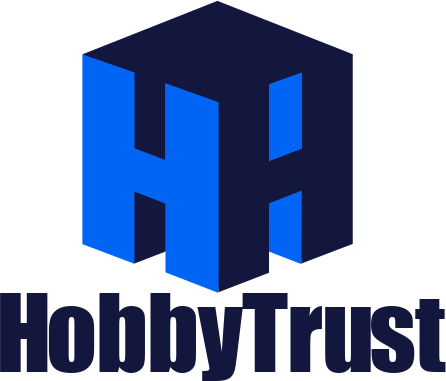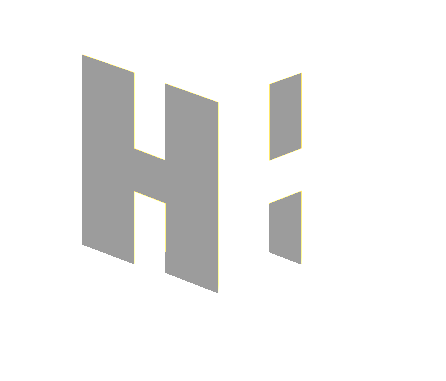If your product is subject to the General Product Safety Regulation (GPSR) but fails to meet its requirements, it may be classified as a “dangerous product.” This designation can trigger corrective action by EU or Northern Ireland authorities, including fines, bans, or the removal of the product from the market. Additionally, platforms such as Etsy may take action if notified of non-compliance by an authority. This could involve removing your listing or even suspending your account, disrupting your ability to trade.
Consequences of Corrective Action
When a market surveillance authority in an EU Member State initiates corrective action, this information is published on Safety Gate, the EU’s rapid alert system for dangerous non-food products. Such notifications can prompt other authorities to take similar measures in their jurisdictions, amplifying the impact on your business. Sellers must act swiftly if they suspect their product is non-compliant. Immediate actions include withdrawing or recalling the product, notifying consumers, and informing relevant market surveillance authorities via the Safety Business Gateway.
Handling Product Recalls
If a product recall is deemed necessary, whether by you or a national authority, you are obligated to offer consumers an effective, cost-free remedy. At a minimum, this should include two of the following: repairing the recalled product, replacing it with a safe product of equivalent value and quality, or providing a full refund equivalent to the price paid. Timely and effective remedies not only mitigate legal risks but also help maintain trust with your customers, which is vital for preserving your reputation.
Reporting Accidents Linked to Products
Should an accident occur due to your product, it is the manufacturer’s responsibility to report it to the competent authorities of the Member State where the incident took place. This must be done promptly via the Safety Business Gateway. Accidents requiring reporting include those causing death, serious injuries, or health effects, whether permanent or temporary. Manufacturers must take this obligation seriously, as failing to report such incidents could lead to severe legal and reputational consequences.
Minimising Risks through Proactive Compliance
To avoid the repercussions of non-compliance, businesses should adopt a proactive approach to product safety. This includes thorough testing, accurate labelling, and ensuring all products meet GPSR standards before being placed on the market. Monitoring customer feedback and conducting regular reviews of product safety can also help identify and address potential risks early. By prioritising compliance, businesses can safeguard their operations, protect consumers, and maintain access to EU and Northern Ireland markets.



